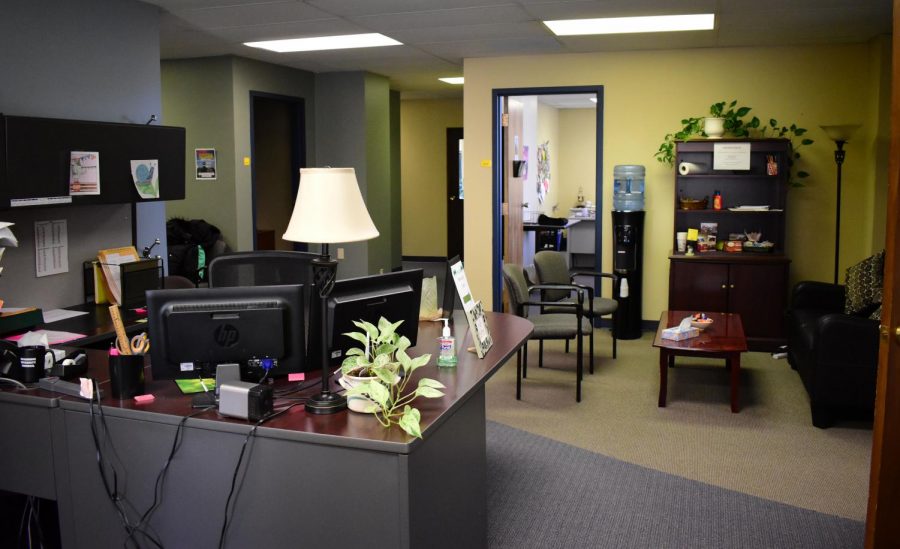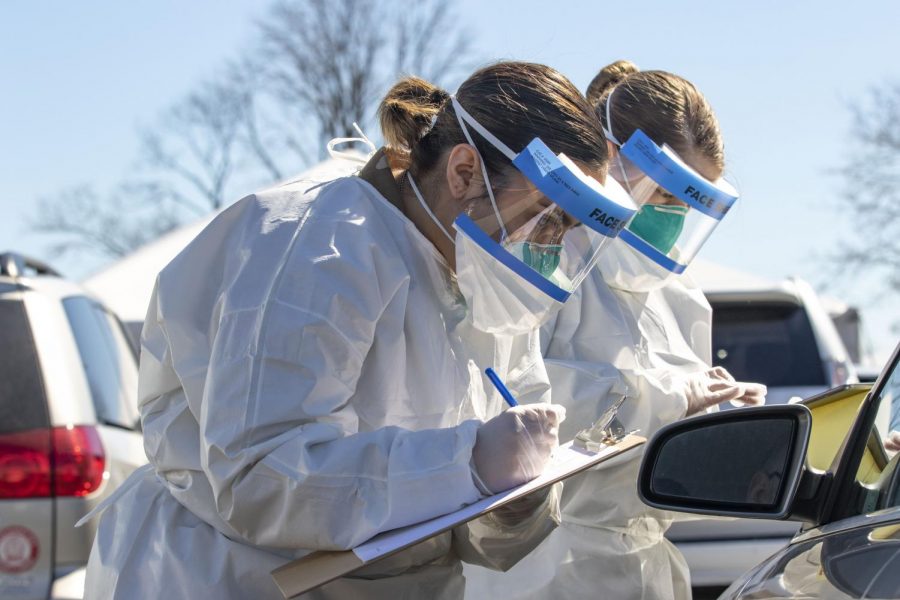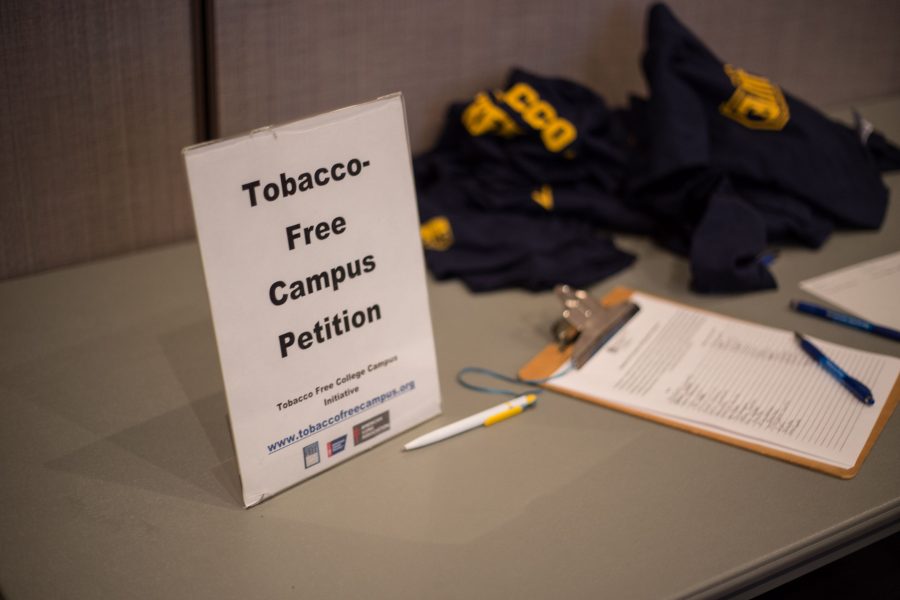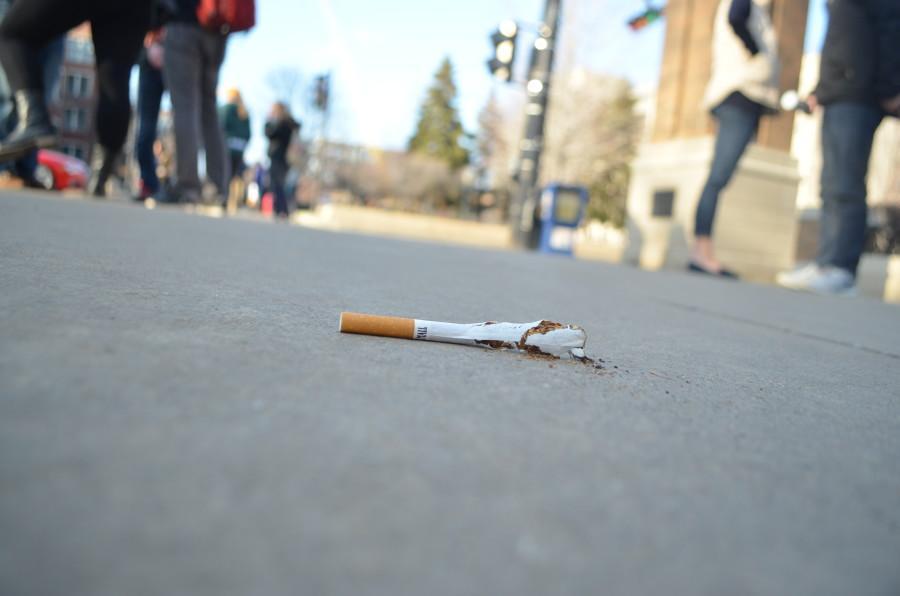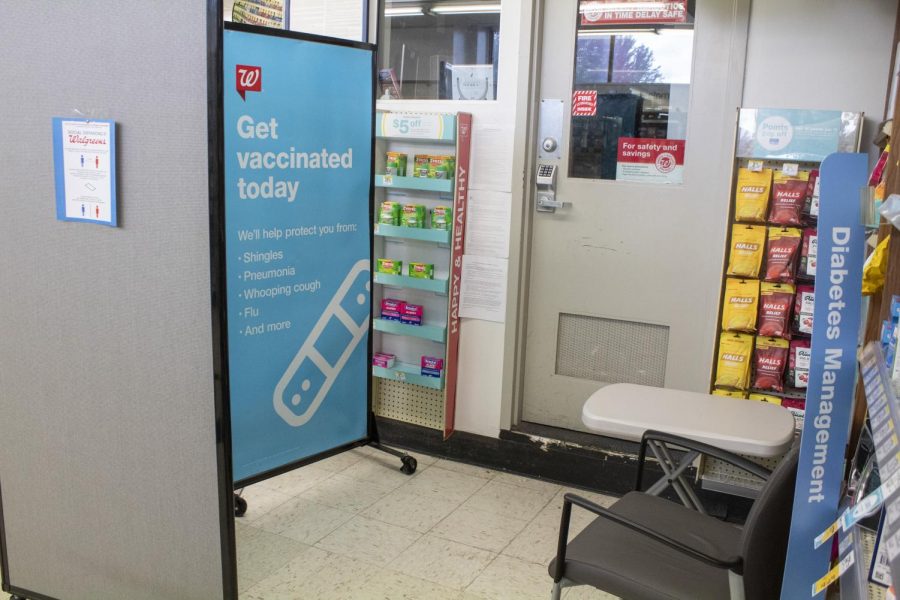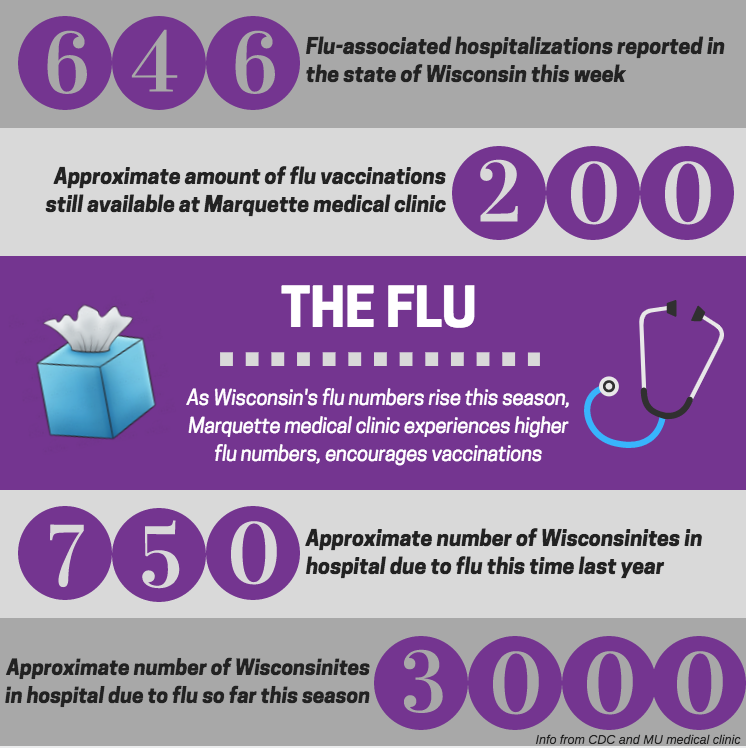 Being sick is never a good experience, particularly at the beginning of the semester. In the midst of reuniting with friends and getting back in the habit of doing school work, feeling poorly only adds to the chaos. It can be hard to avoid, especially in a year the Centers for Disease Control has declared a flu epidemic in the United States.
Being sick is never a good experience, particularly at the beginning of the semester. In the midst of reuniting with friends and getting back in the habit of doing school work, feeling poorly only adds to the chaos. It can be hard to avoid, especially in a year the Centers for Disease Control has declared a flu epidemic in the United States.
Like clockwork, I always get sick at the start of the semester, both fall and spring. No matter the preventative measures I take, it just happens and then takes weeks to go away completely, probably because I never give myself the chance to get better. Rather than curling up with a blanket or visiting a doctor, I prepare for battle with numerous tissues stuffed in every pocket and the mentality that I can work through it.
While a portion of the blame can be attributed to my stubbornness, this “I can beat it” attitude was also ingrained in me by school and home life. The general rule was you either had to be vomiting, contagious or with a fever to go or stay home from school. Other sicknesses were diagnosed by my M.D.-less parents as minor afflictions that would go away in a few days.
That may have been feasible in grade school, when the most you had to do in a day was long division and walk indoors from the classroom to the lunchroom. As one gets older, the habit of underplaying a sickness can make matters worse. Pretty soon a common cold becomes pneumonia and puts you out of commission for an even longer stretch.
A lot of this has to do with what society finds important. Showing up for work and getting things done for the greater good is prioritized over individual health, despite illness taking a toll on productivity. It is only suggested you stay home if you pose a threat of contagion to others.
Health becomes less about how you feel and more about how you overcome how you feel.
The anti-sickness environment continues in our university setting, as policy states illness does not warrant an excused absence. Some professors are more flexible, but when your grade rests on attendance and your time to get work done is limited, taking a day off is a difficult decision.
Many people, including myself, justify working through sickness by saying there is too much to do and miss to stay home. One does not simply schedule or accurately predict when they will get sick, so it is anyone’s game to lose.
To the detriment of our health, society does not allow for much weakness and sickness is arguably a sign that we try to cover up. Resigning to being sick feels like surrendering, but that might not be such a bad thing. The denial of our physical vulnerability for the sake of getting work done can ultimately lead to prolonged and worsening illnesses.
Though we may not be able to see a doctor or take the day off when we feel a little throat tickle, we should be mindful of how to respond to sickness. Yes, some days we have to work when we would rather sleep another five hours, but taking care of ourselves should be a priority, not a sacrifice we make.
No one wants to be sick but it can be inevitable, especially on campus with a lot of people around. We can only strive for the best odds to be healthy, even if that includes taking time off.
Disclaimer: This column cannot be used as an excuse note to skip class because you are sick. Sorry, wish I could actually help.


